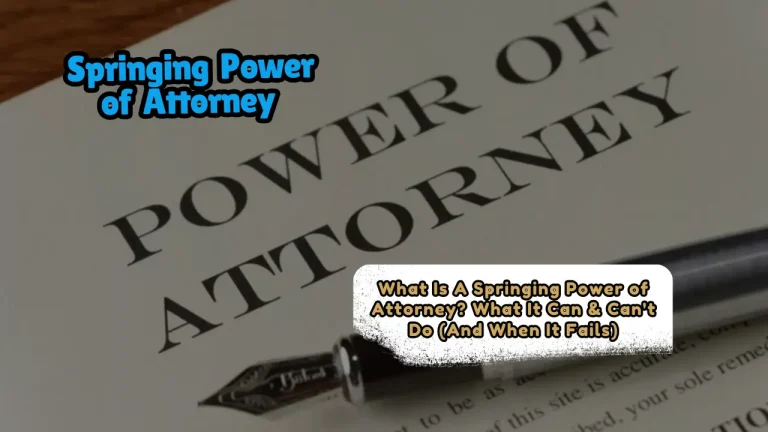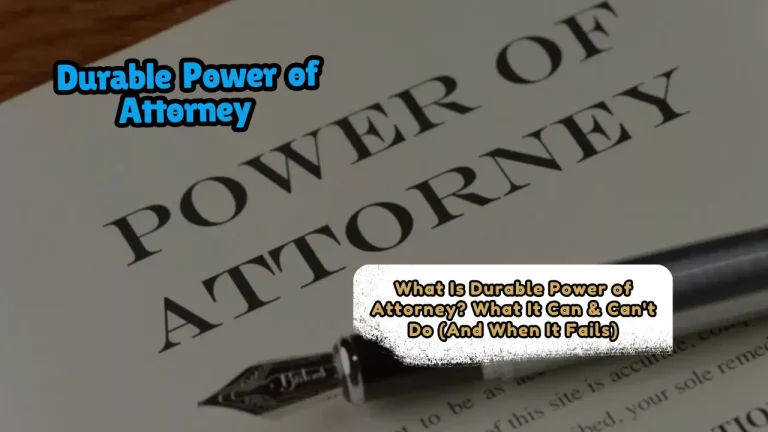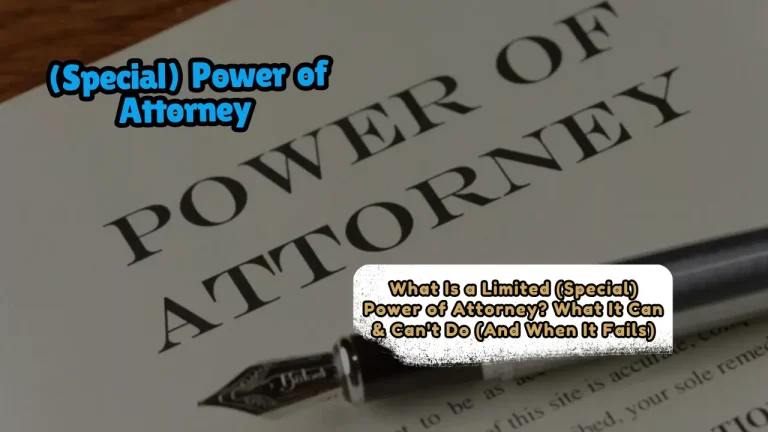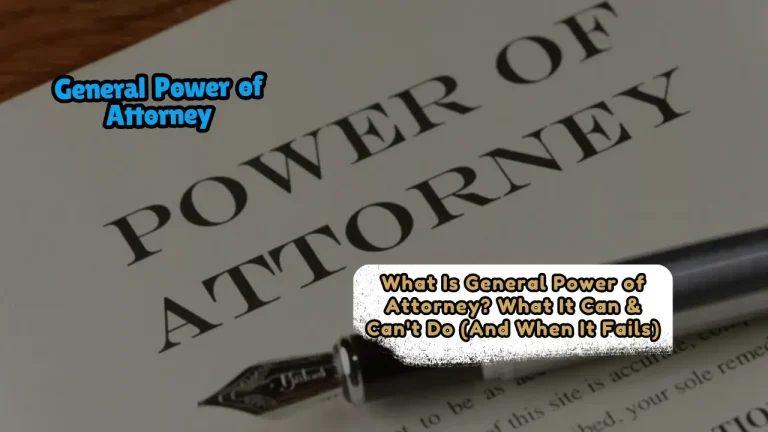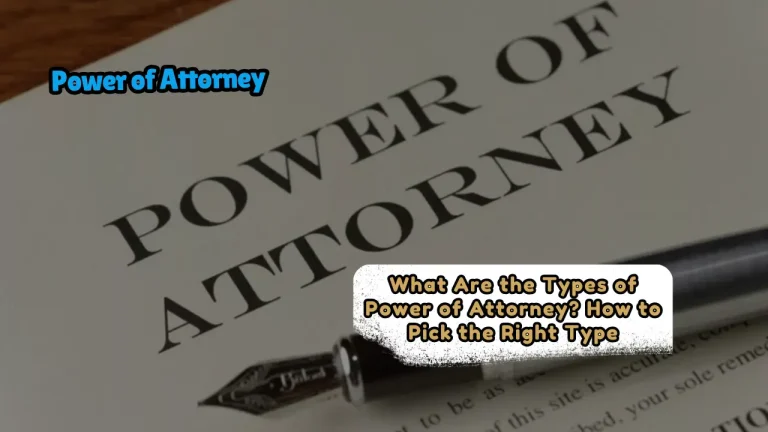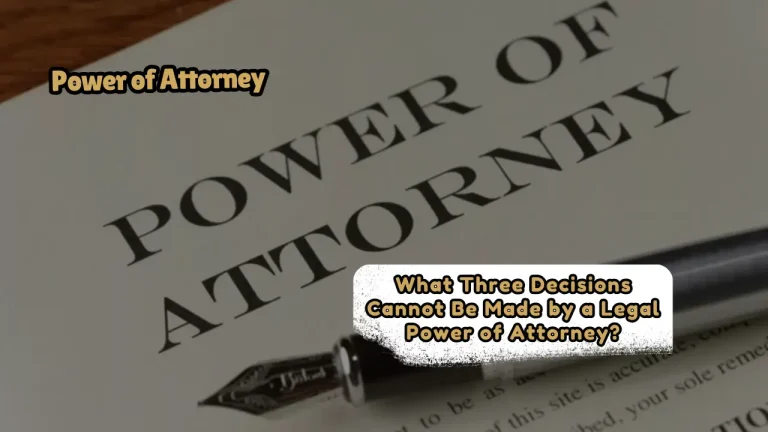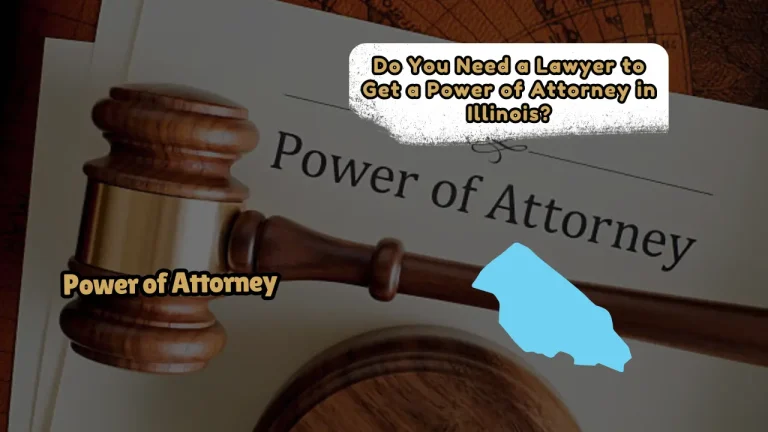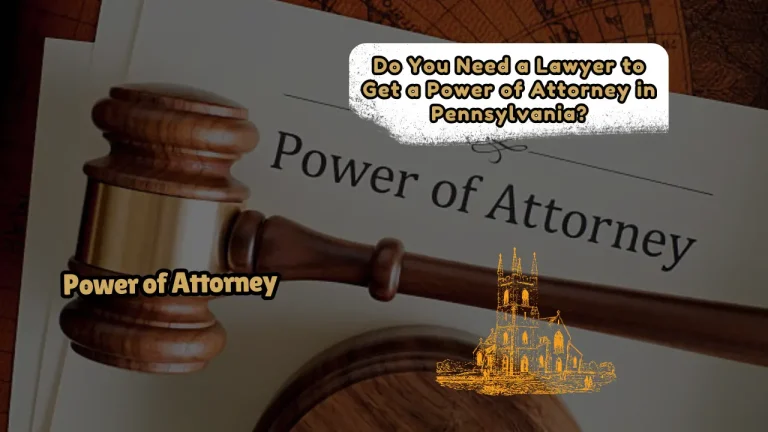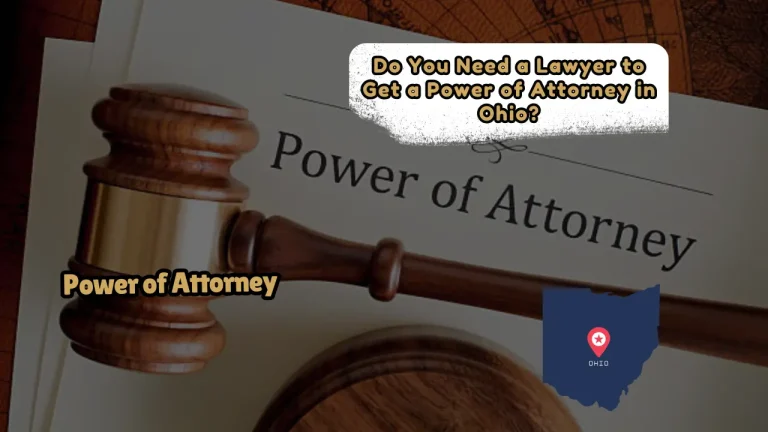What Is A Springing Power of Attorney? What It Can & Can’t Do (And When It Fails)
A Springing Power of Attorney (POA) is a legal document that grants authority to an agent only when a specific triggering event occurs, such as your incapacity. Unlike a Durable POA, which is effective immediately, a Springing POA “springs” into action under predefined conditions—but cannot override healthcare decisions, voting rights, or post-death arrangements. “The Hidden…

